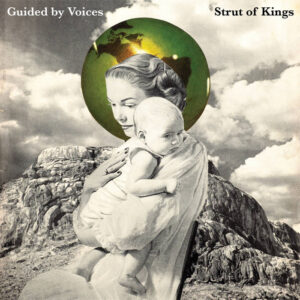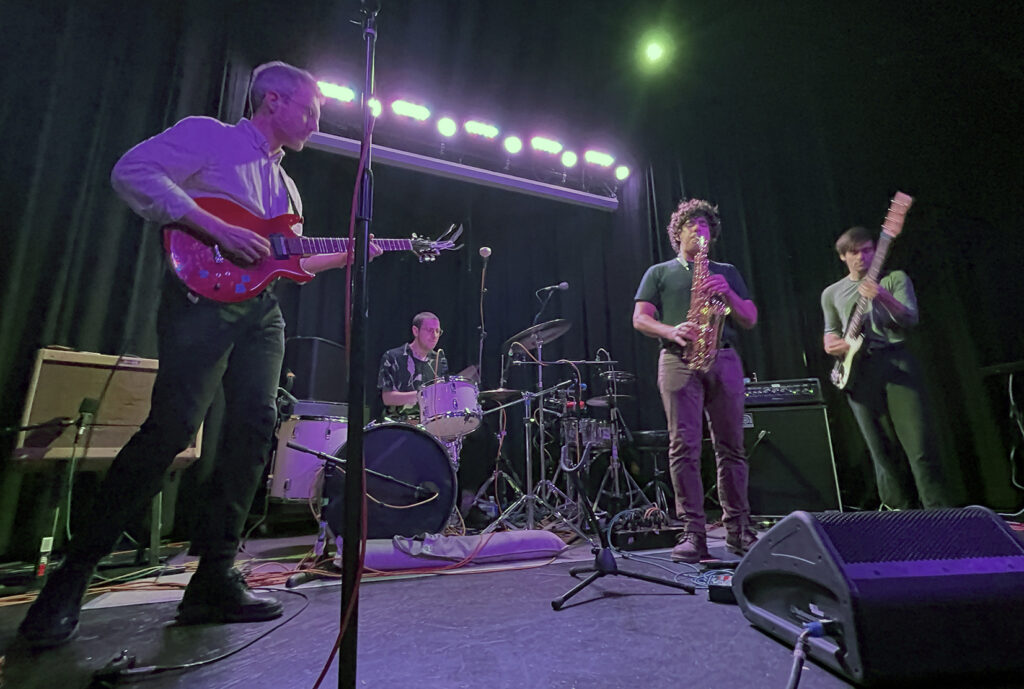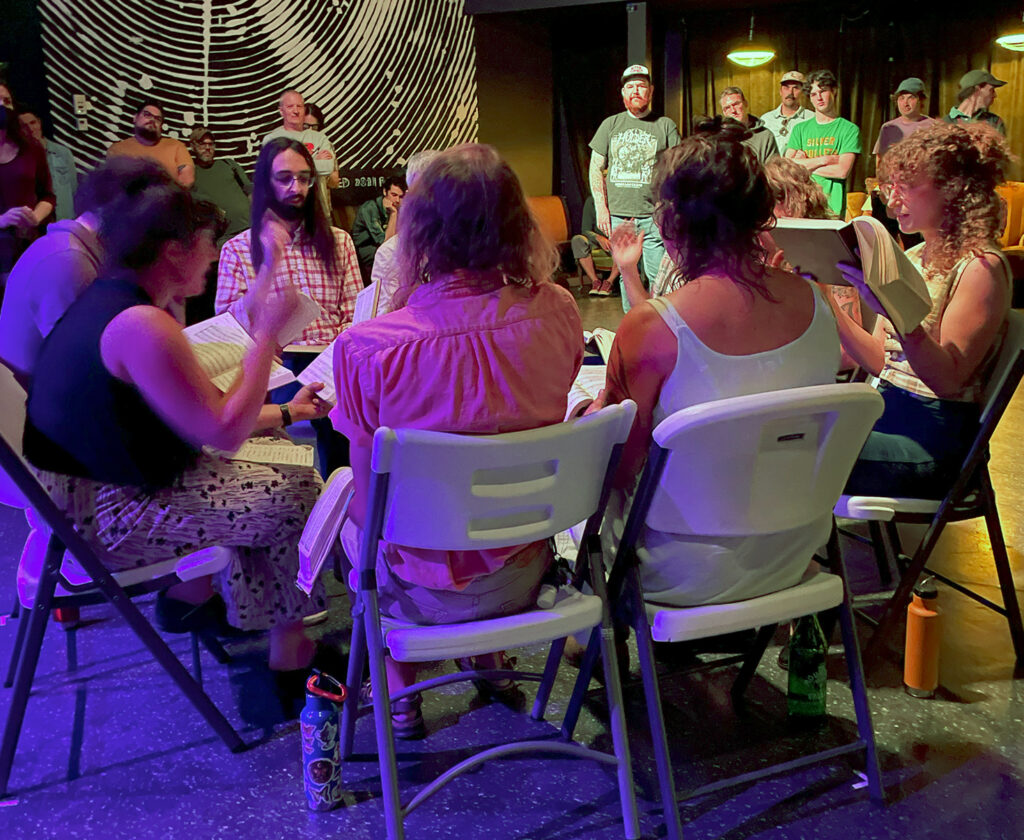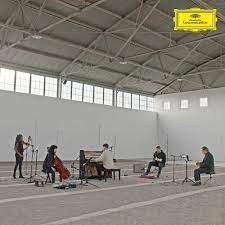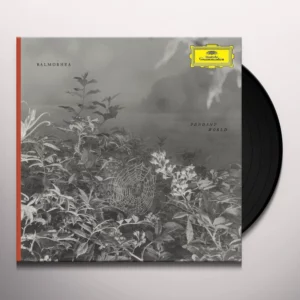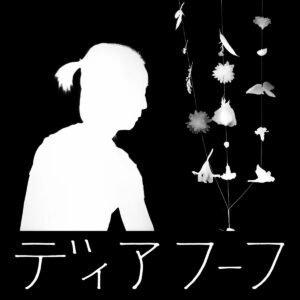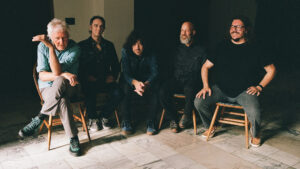
Video: Guided by Voices: “I Am A Scientist,” 30th Anniversary Version
Guided by Voices celebrates the thirtieth anniversary of their album Bee Thousand with a remake of one of their early, most-beloved songs, “I Am A Scientist,” via Rolling Stone.
In an interview with RS, frontman and principal songwriter Robert Pollard describes “I Am A Scientist” and Bee Thousand as follows:“The song and the album opened the door for me and allowed me to play rock music for a living.” Prior to that, he was a science teacher.
Guided by Voices
Strut of Kings
GBV Inc. (2024)
The ever-prolific Pollard and band have released dozens of titles. Their most recent recording, Strut of Kings, streeted late last month. Pollard is joined by guitarists Doug Gillard and Bobby Bare, Jr., bassist Mark Shue, and drummer Kevin March in the current iteration of Guided by Voices, which debuted in 2017 and has proven a durable unit.
The opener, “Show Me the Castle,” has a slow, crunching guitar riff over which Pollard sings the first verse laconically, the second double-tracked with quirky interval relationships. The band double times in the chorus while Pollard’s line remains in the original tempo. A flute synth interlude leads into the third verse, which is adorned with a different vocal harmony, followed by a brief burst of sustained guitar. This moves directly into the next song, “Dear Onion,” which is played in a loping mid-tempo groove of interlocking rhythm guitars. Unlike “Show Me the Castle,” which is built up in multiple sections, “Dear Onion” is typical of Pollard’s more aphoristic song craft, in which an entire narrative can be found in under two minutes and the skin of an onion.
Even by the elliptical standards of Pollard’s titles and lyrics, “Olympus Cock in Radiana,” which includes the phrase “Strut of Kings” in the lyrics, is one of the more unusual ones. Power chords speed up and slow down, with Pollard’s voice serving as the eye in the hurricane. “Caveman Running Naked” is another weird title for a tuneful song, with March’s brusque fills offsetting the guitars’ duet breaks and Pollard’s quick delivery. The coda overlaps open string arpeggiations in a marked contrast to the rest of the song. “Leaving Umbrella” is led by a sinuous vocal, the band punctuating it with emphatic downbeats.
“Timing Voice” embodies the grandeur of seventies prog, incorporating a Romantic chord progression and a guitar solo that channels Steve Howe. “Fictional Environment Dream” is another standout, with duet vocals on a memorable chorus. “Serene King” and “Bicycle Garden” deliver a one-two punch to conclude the album, with its best hooks and most energetic performances from Pollard.
Some artists creatively dry up as they age, others flourish. Pollard is among the latter camp, and Strut of Kings is ample evidence. While Bee Thousand and other earlier albums should still play a part in live set lists, Guided by Voices also has memorable new songs to play.
-Christian Carey
